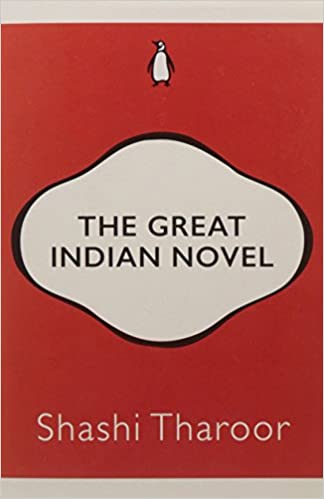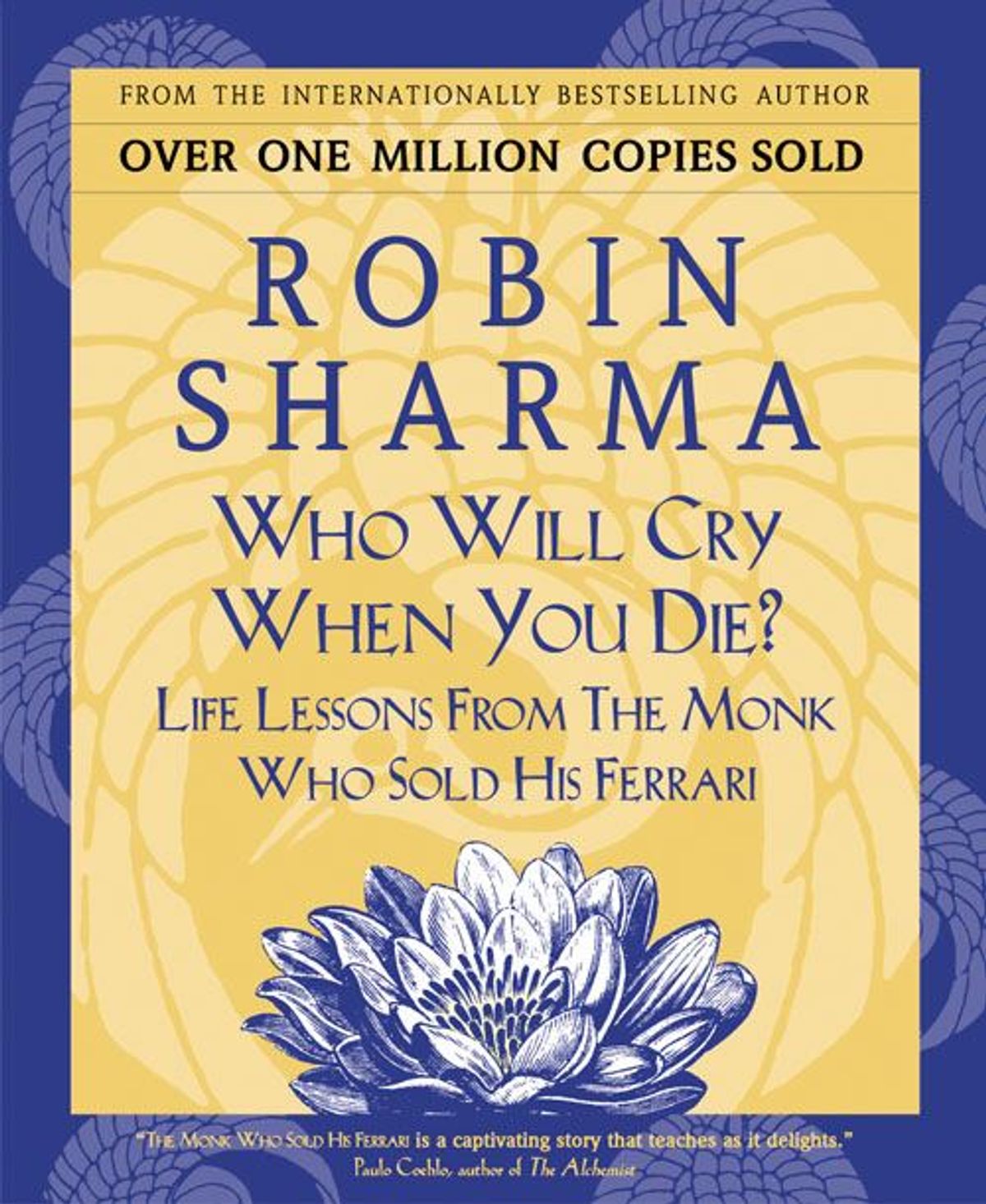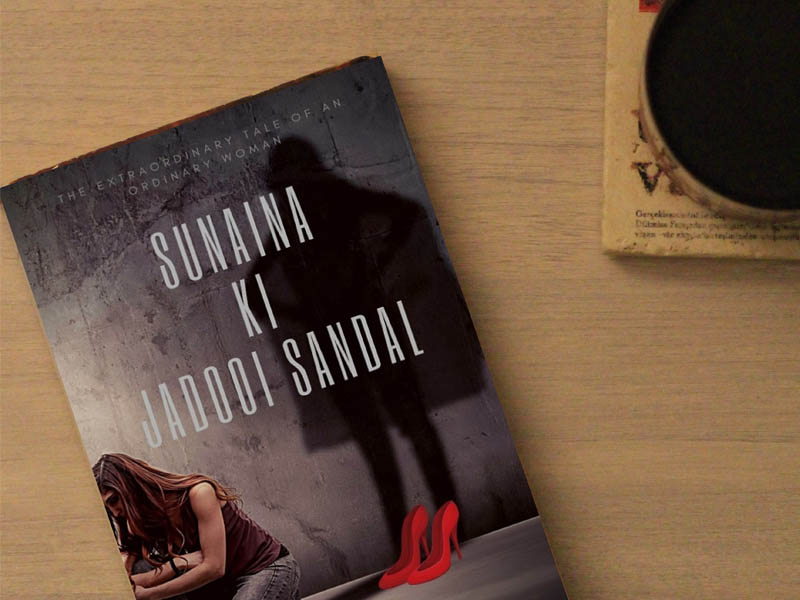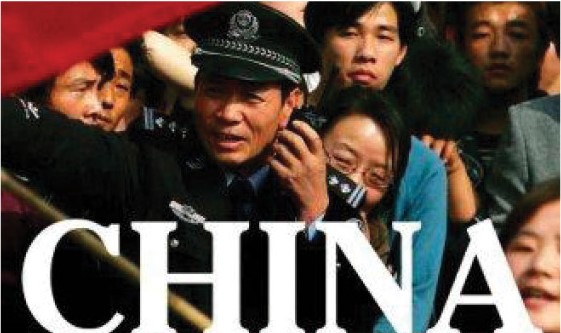The Great Indian Novel is the English expression for Mahabharata. The creator recounts the account of Indian legislative issues by connecting it with the most effective characters in Mahabharata. Every single name doled out to the heroes in the book is intended for an explanation, and in case you can’t unravel that, I recommend that you google it to comprehend the pertinence.
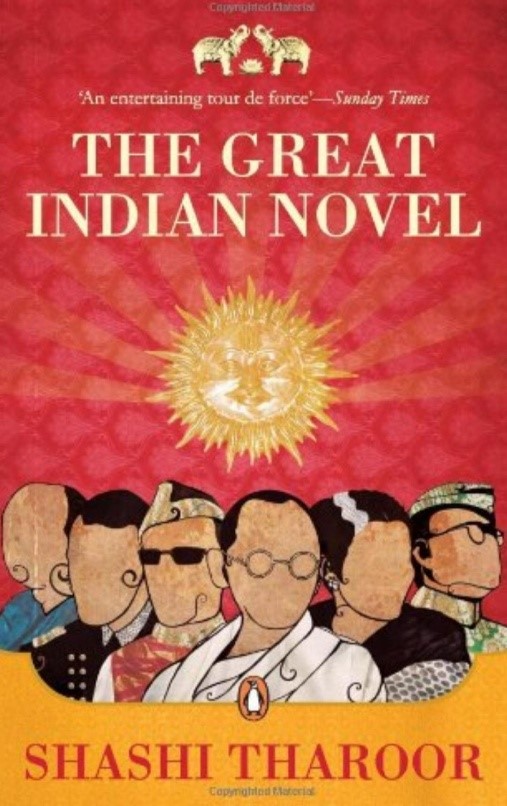
In case you are somebody who knows about the account of Mahabharata and the Indian autonomy development, you will partake in this book completely. The sensation of delight and shock you would get when you perceive characters from both these fortunes is indescribable. I actually recollect how individuals were giving me strange looks when they discovered me grinning or smiling to myself while giving it a read.
The magnificently suspect and ironical tone of Tharoor’s title advises and breathes new live into his stupendous story. In an initial disclaimer, the creator refers to the Mahabharata , an antiquated Hindu epic, as the wellspring of his motivation. The story he retells, nonetheless, is additionally a not at all subtle record of individuals and occasions that formed India during the battle for autonomy from British principle.
Tharoor reworks these in a fanciful, imaginary domain, handily intertwining components of conventional Eastern and Western writing. The epic, the piece, the novel and the cultural story all assistance to shape the account, similarly as history and legend, dream and reality interlace in each section, raising doubt about the legitimacy of classes. ”One should be careful about history by story,” cautions the storyteller; one should be careful about ”history” itself, proposes Tharoor.
Notwithstanding his cliché treatment of British and Indian characters, he vitalizes history with the creative mind of a craftsman and the way of thinking of a sage. All through, Throor appropriates titles, expressions and figures from crafted by a pantheon of ”first-world” scholars, going from E. M. Forster and Rudyard Kipling to Ernest Hemingway and Arthur Koestler (and in any event, including his contemporary Salman Rushdie)- – an unpretentious yet intense inversion of the customary tide of social expansionism.

